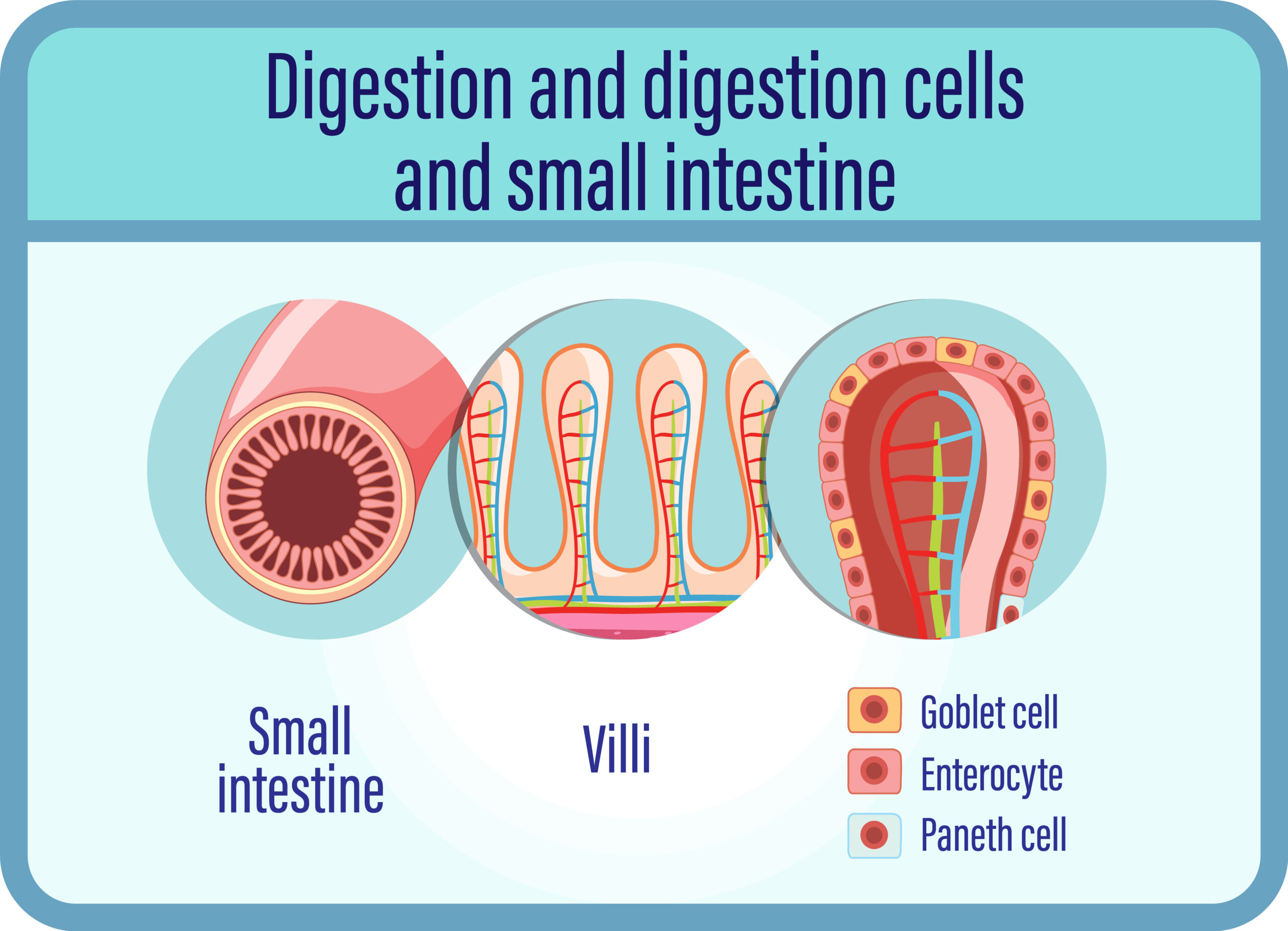- draditijain8@gmail.com
- +91-9165025135
Selective Epidural and Root Blocks
- Home
- Selective Epidural and Root Blocks
Selective Epidural and Root Blocks
Selective epidural and root blocks are specialized interventional procedures used to diagnose and treat pain originating from the spinal nerves as they exit the spinal cord. These blocks involve the precise injection of medication into the epidural space or near specific nerve roots to alleviate pain, reduce inflammation, and improve function in the affected areas of the body.
Key Aspects of Selective Epidural and Root Blocks:
Diagnostic Evaluation: Selective epidural and root blocks serve a dual purpose as both diagnostic tools and therapeutic interventions. By temporarily numbing specific nerve roots with local anesthetic, these blocks help pain specialists identify whether the nerve roots are the source of a patient’s pain.
Targeted Pain Relief: These blocks deliver medication directly to the site of nerve compression or irritation, providing targeted pain relief by reducing inflammation, blocking pain signals, and improving nerve function in the affected areas of the body.
Procedure Technique: During a selective epidural or root block procedure, a needle is guided into the epidural space or near the targeted nerve roots under fluoroscopic or ultrasound guidance. A combination of local anesthetic and corticosteroid medication is then injected to provide immediate pain relief and long-lasting anti-inflammatory effects.
Types of Blocks: Selective epidural and root blocks can target specific regions of the spine, including:
- Cervical Epidural and Root Blocks: Targeting nerve roots in the cervical (neck) region of the spine, providing relief for conditions such as cervical radiculopathy, disc herniation, and cervical spondylosis.
- Thoracic Epidural and Root Blocks: Targeting nerve roots in the thoracic (mid-back) region of the spine, providing relief for conditions such as thoracic radiculopathy, disc herniation, and thoracic outlet syndrome.
- Lumbar Epidural and Root Blocks: Targeting nerve roots in the lumbar (lower back) region of the spine, providing relief for conditions such as lumbar radiculopathy, disc herniation, and spinal stenosis.
Why Choose Selective Epidural and Root Blocks for Pain Management with Us:
Expertise and Precision: Our team of pain specialists and interventionalists has extensive experience and expertise in performing selective epidural and root blocks, utilizing advanced imaging techniques and precision-guided approaches to ensure accurate placement of the needle and optimal pain relief.
Comprehensive Evaluation: We conduct a thorough evaluation of each patient’s medical history, symptoms, diagnostic imaging, and physical examination findings to determine whether selective epidural and root blocks are appropriate and likely to provide diagnostic and therapeutic benefit.
Individualized Treatment Plans: We take a personalized approach to pain management, tailoring the location, technique, and medications used in selective epidural and root block procedures to each patient’s specific pain condition, symptoms, and treatment goals.
Multimodal Treatment: We believe in a multimodal approach to pain management, combining selective epidural and root blocks with other interventions such as physical therapy, pharmacotherapy, and psychological counseling to address the multifaceted nature of pain and optimize treatment outcomes.
Patient-Centered Care: We prioritize patient safety, comfort, and satisfaction, ensuring thorough communication, informed consent, and personalized care throughout the selective epidural and root block procedure and post-procedural follow-up.

FAQs
Selective epidural and root blocks are specialized interventional procedures used to diagnose and treat pain originating from the spinal nerves as they exit the spinal cord. These blocks involve the precise injection of medication into the epidural space or near specific nerve roots to alleviate pain and improve function.
Selective epidural and root blocks work by delivering medication directly to the site of nerve compression or irritation, providing targeted pain relief by reducing inflammation, blocking pain signals, and improving nerve function in the affected areas of the body.
Selective epidural and root blocks are primarily used to diagnose and treat nerve-related pain conditions in the cervical, thoracic, and lumbar regions of the spine, including radiculopathy, disc herniation, and spinal stenosis.
Book an Appointment
Contact information
- +919165025135
- draditijain8@gmail.com
- B-1, Pipliyahana Rd, above Kotak Mahindra Bank, near Scheme number 140, Brajeshwari Extension, Greater Brajeshwari, Indore, Madhya Pradesh 452016
